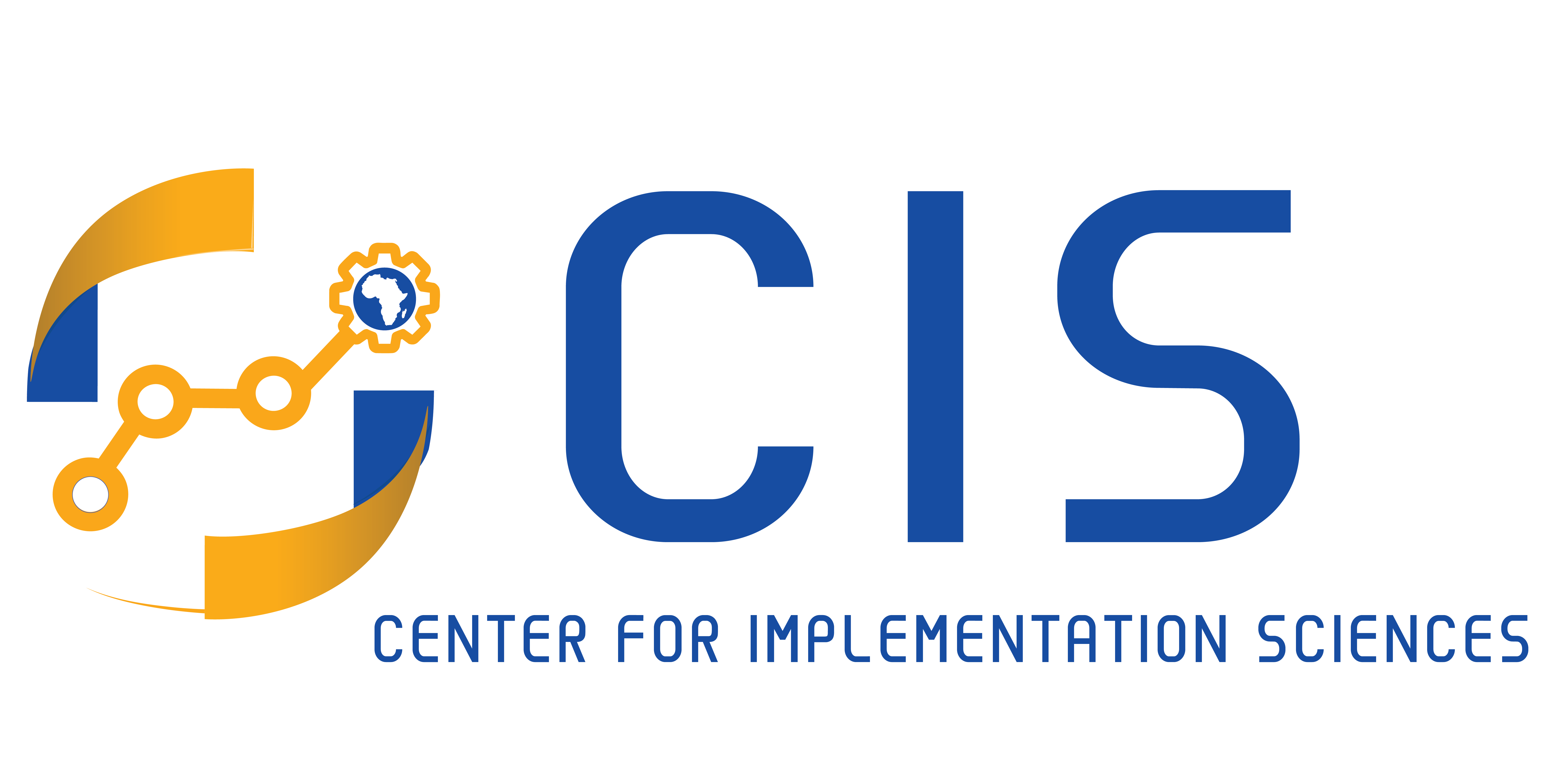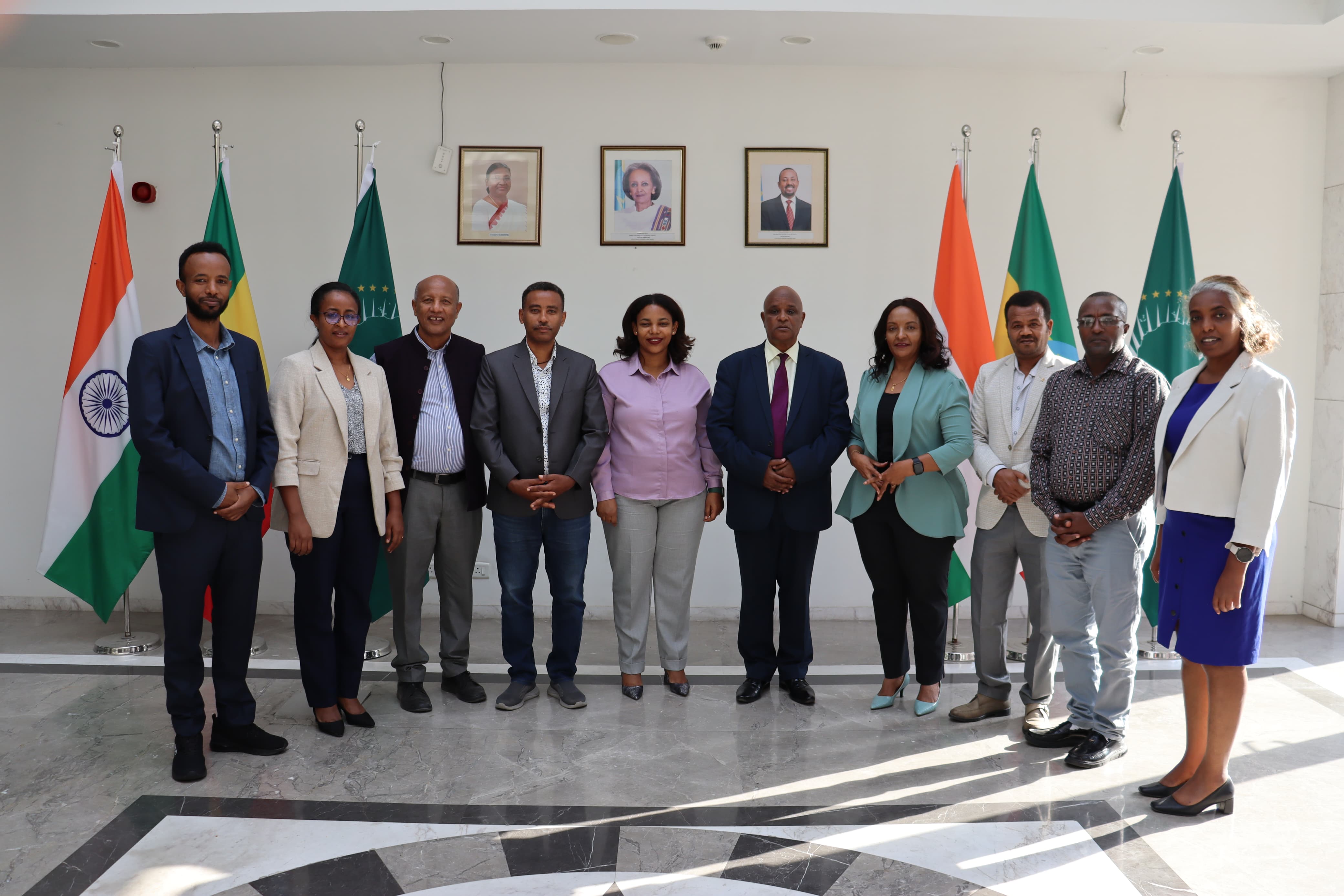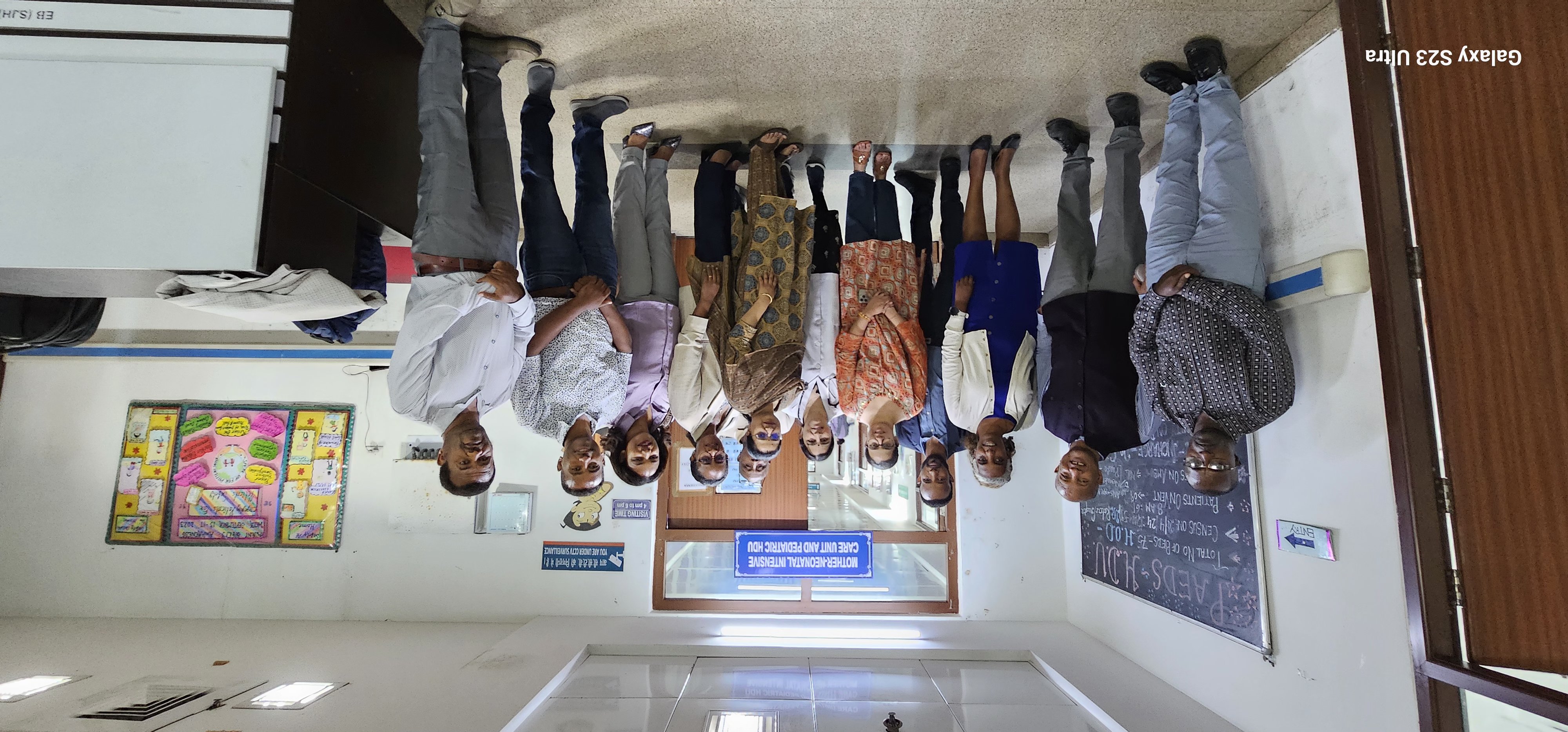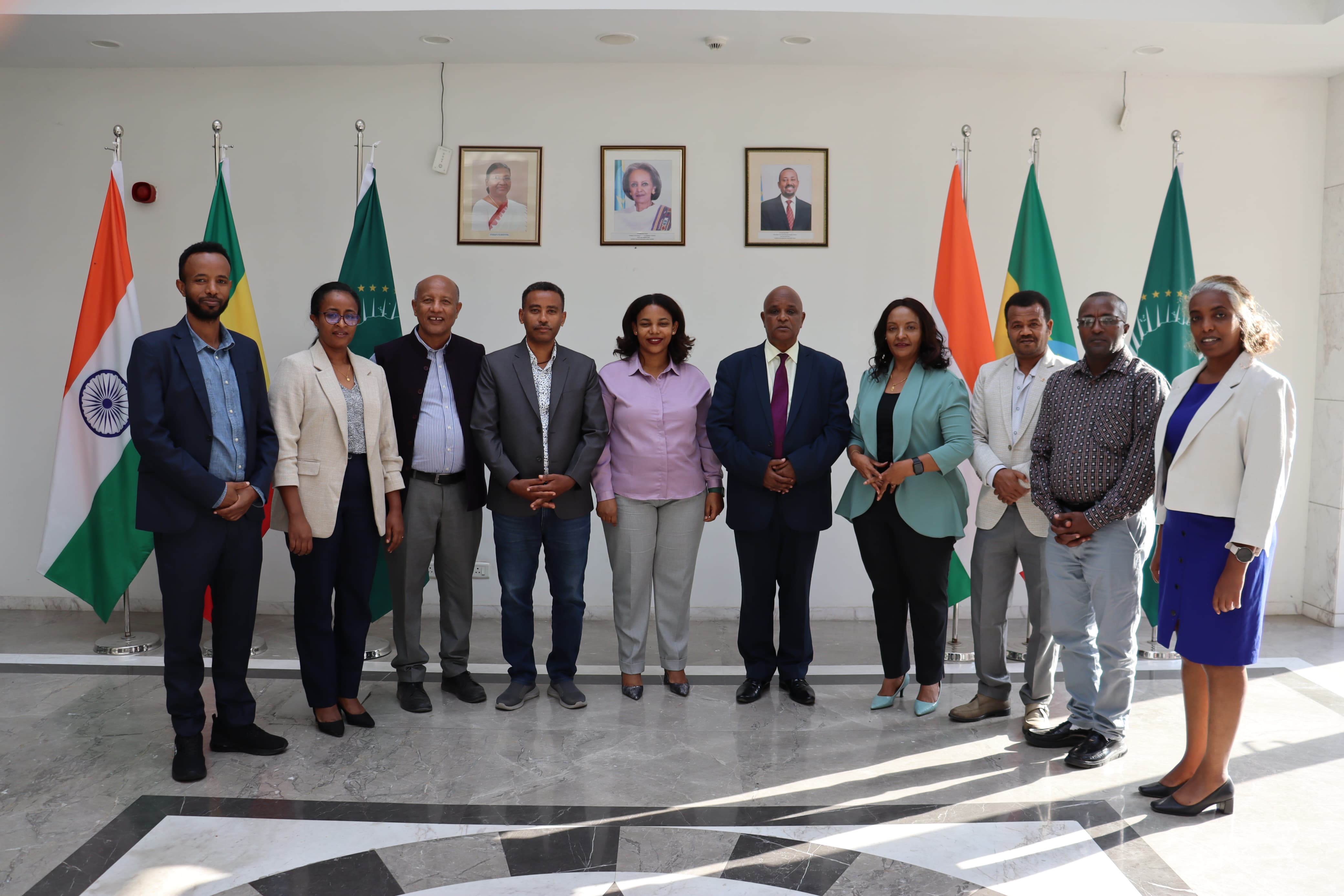A delegation from Ethiopia comprising of leaders, experts, and researchers from the Ministry of Health, Sidama Health Bureau, Ethiopian Pediatricians Society, Ethiopian Society of Obstetricians and Gynecologists, St. Paul Millennium Medical College, Addis Ababa University, and Hawassa University visited Safdarjung Hospital in New Delhi, India, from April 12 to 14. The visit created a great opportunity to learn from the hospital’s experiences implementing integrated maternal and neonatal intensive care.
The delegation’s primary objective was to understand the process of establishing Safdarjung Hospital’s World Health Organization supported Mother-Newborn Intensive Care Unit (M-NICU) and its adaptation to Ethiopia. The M-NICU enabled mothers to provide immediate and continuous Kangaroo Mother Care (KMC) to their premature and critically ill babies, allowing the infants to receive intensive treatment including continuous Positive Airway Pressure (CPAP) while in they are kept skin-to-skin on their mother’s chest. The M-NICU model of care also ensures that mothers receive the necessary postnatal care. The delegation noted the numerous benefits of this unique care delivery system. It has not only reduced neonatal mortality and reduced neonatal infection and morbidity but also saved resources and enhanced the physical and mental health of mothers.
In addition to the hospital visit, the delegation met with the Honorable Ambassador of Ethiopia to India Demeke Atnafu and Honorable Bizunesh Meseret at the Ethiopian Embassy. The embassy expressed its commitment to strengthen the partnership between governments of India and Ethiopia on healthcare technology transfer and professional training opportunities to improve maternal and newborn health and to foster institutional partnership in the health and education sectors.



